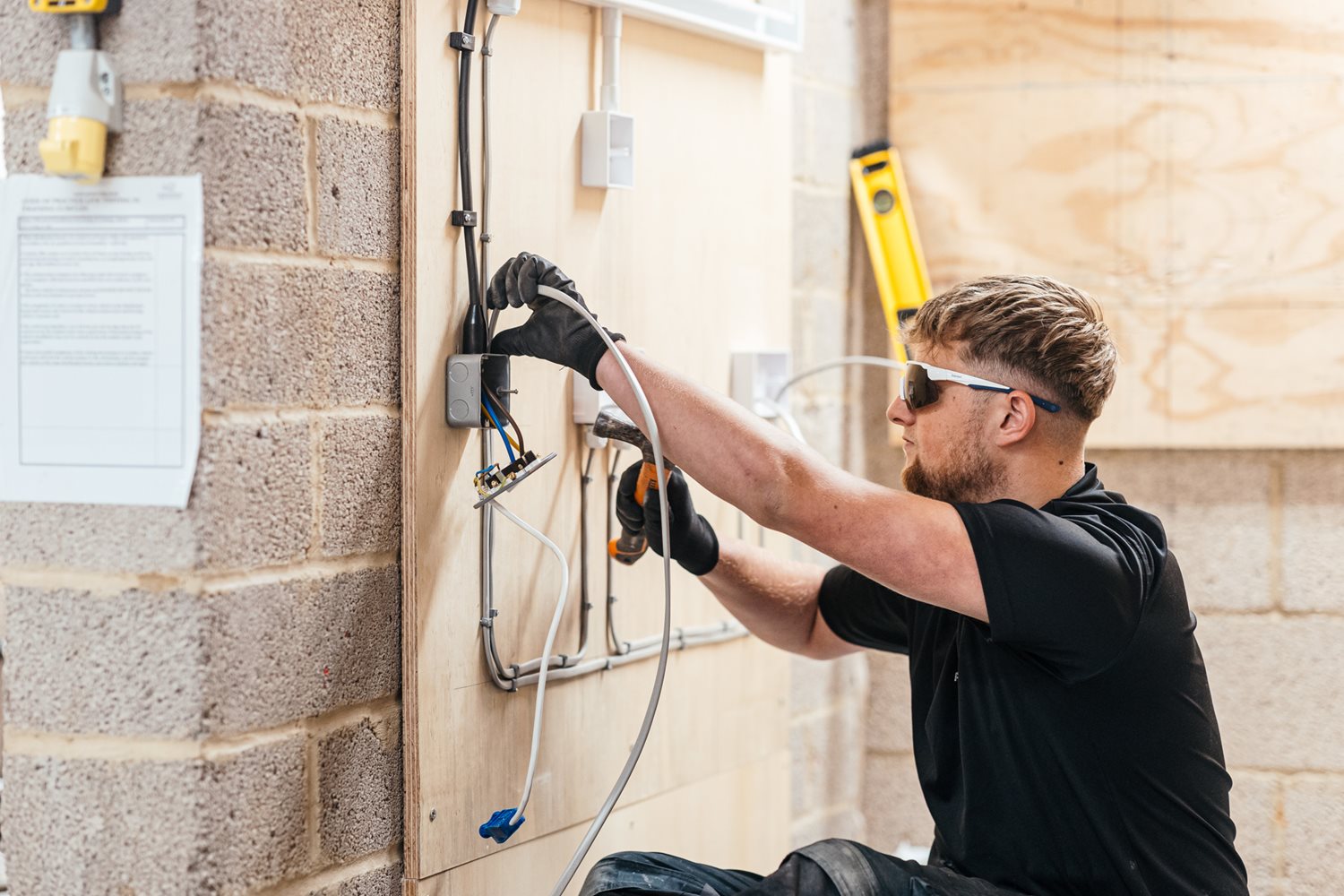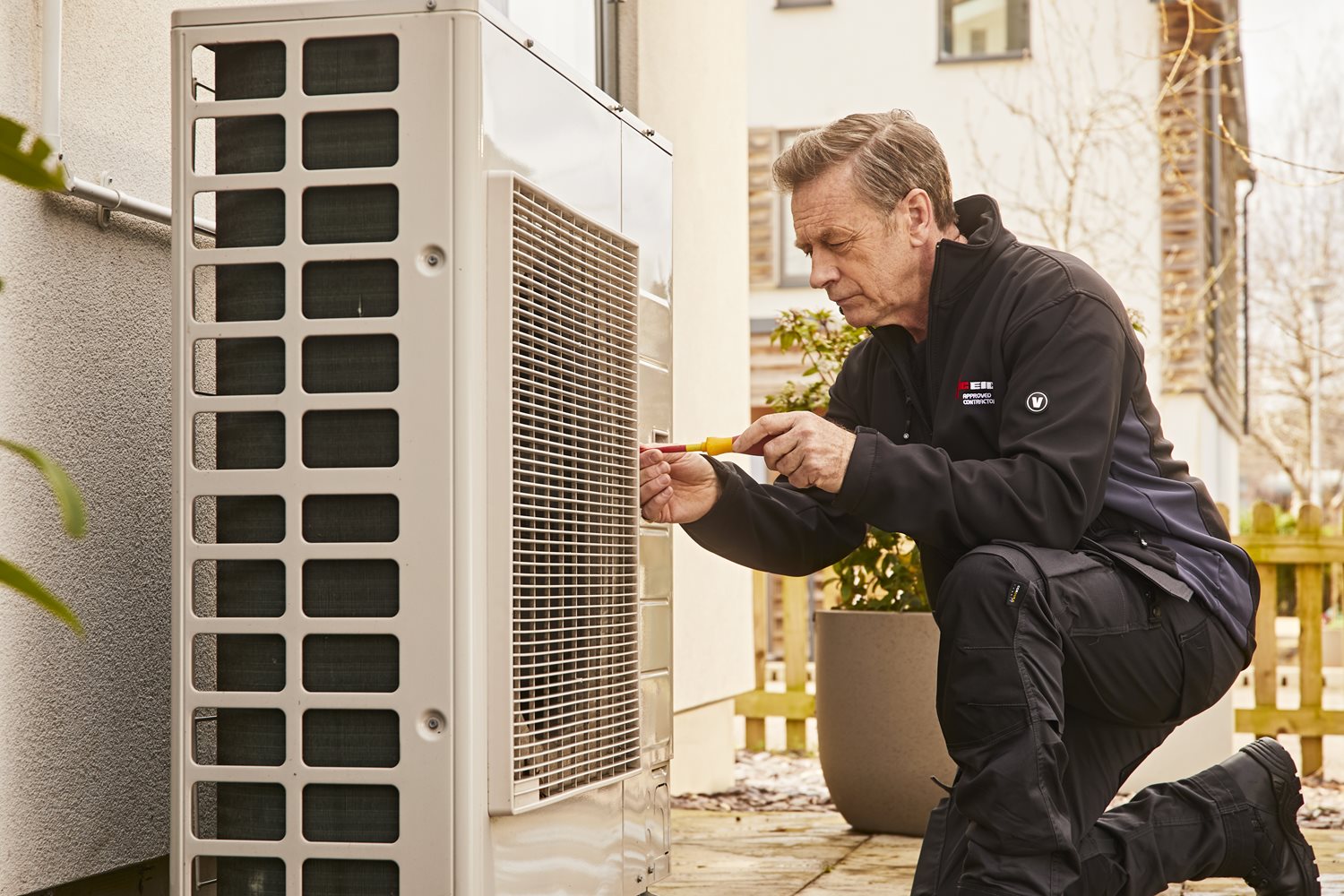NICEIC and Elecsa’s Certification and Accreditation Services Manager, Dani Putney, talk about the closure of the green homes grant scheme.
NICEIC and Elecsa’s Certification and Accreditation Services Manager, Dani Putney, discusses the closure of the green homes grant scheme, what it means for contractors, and how the low-carbon agenda will continue at pace.
On Saturday, March 27, the Government announced the closure of the Green Homes Grant Scheme (GHGS), a £1.5 billion initiative designed to incentivise homeowners to invest in a range of green home improvements.
While disappointing, particularly for contractors who invested time and money in broadening their skills and certification specifically to operate under the scheme, keeping the bigger picture in focus is essential.
Yes, this particular incentive scheme has ended; however, the overall commitment to decarbonisation and the roll-out of low carbon installations in homes and buildings has not.
As we await news on the Clean Heat Grant, the newly formed Home Upgrade Grant and the Commercial Decarbonisation Programme, we have been assured that the Government will deliver the funding assigned to GHGS into these and other low carbon initiatives all aligned to the 10 Point Plan for green revolution.
Contractors looking for further evidence of Government intent in this area should also note last weeks announcement where the Prime Minister committed to cutting emissions by 78% by 2035 compared to 1990 levels, the new target will become enshrined in law by the end of June 2021, with legislation set to be introduced to Parliament. Setting the target into law this is the world’s most ambitious climate change target to date. Click here for more details
The Future Homes Standard consultation has a significant role to play in meeting these targets and electrical contractors are pivotal to the success of its outcomes.
Looking specifically at new build properties, the Government has already announced that these properties must be zero-carbon ready by 2025.
To achieve this, fossil fuel heating (gas boilers) will not be permitted for use in new build properties from 2025. From this point, they identify ground and air source heat pumps as the primary heating technology.
The Consultation, which closed on April 13, didn’t just look at heat sources either; it examined all aspects of Energy Efficiency. Areas of focus included, but were not limited to, effective insulation, the use of SMART technology and improvements in ventilation (more news is expected on the latter shortly).
Of course, to meet our targets, we also need to address the existing housing stock and the improvements required. To this end, the Government has announced more stringent Energy Efficiency Ratings.
Moving forward, these enhanced requirements and the technologies needed to achieve them will be propelled into the spotlight as banks redesign mortgage criteria to align with the new standards. Already gaining media attention the fact that it will be more difficult to sell (or buy) a property with a low energy efficiency rating, is a clear indication that action is needed.
The commitment to a cleaner future will bring many opportunities, with targets indicating 600,000 Heat Pumps will need to be installed by 2028, a number which is set to grow the industry by 50,000 jobs by 2030.
Moving forward Government’s commitment to funding and regulatory measures, delivered in partnership with industry, will stimulate near-term investment and drive consumer demand.
So, while it is always a blow when a high-profile incentive scheme is short-lived, this isn't the end of the road and where incentives fail, legislation will prevail. While it is clear there is no silver bullet to rapidly achieving zero-carbon homes and buildings, through a combination of investment, legislation and a highly skilled workforce, our net-zero future can be secured.
As an electrical contractor, you are at the forefront of this greener future. Keep developing your skills and expanding your portfolio to ensure you can make the most of the opportunities it presents.
-ENDS-







